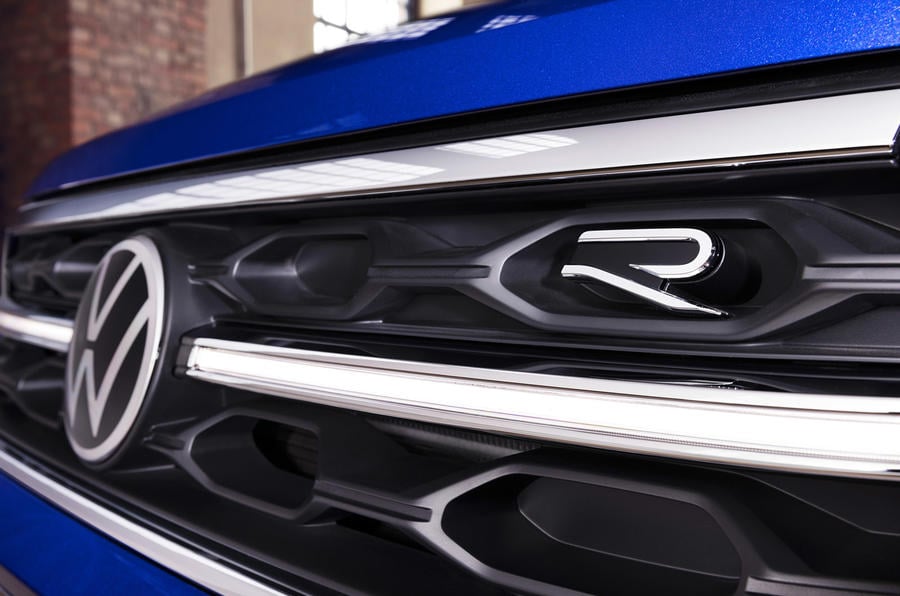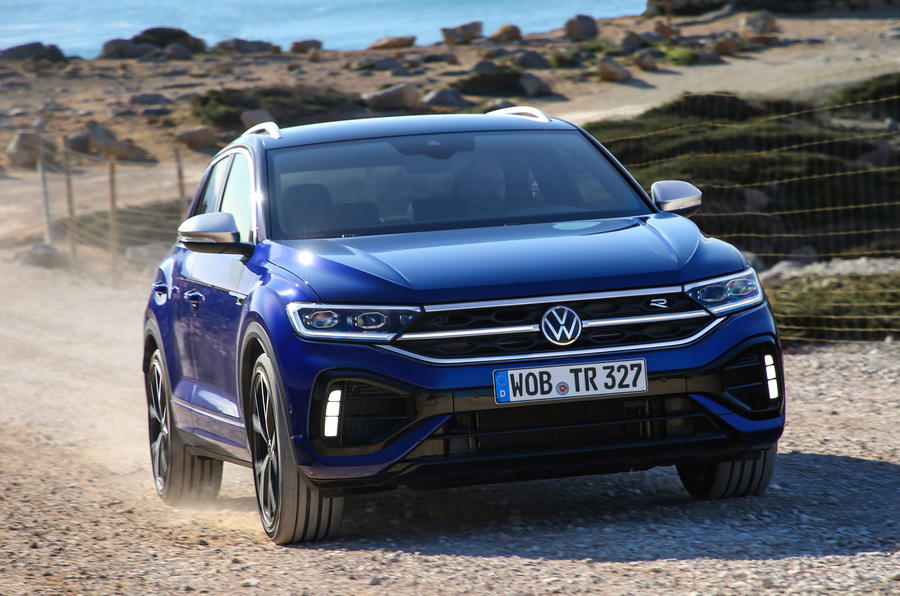Volkswagen T-Roc will be the German car maker’s final outing for the combustion engine before it gets an MQB-based EV replacement in 2033.
The next-generation Volkswagen T-Roc will be the German firm’s final pure-ICE car in Europe before it commits to an all-electric offering from 2033. While Volkswagen could still come out with new internal-combustion engined cars until the early 2030’s, legislation regarding Euro 7 means developing a new engine to comply with the new rules – set to be enforced from 2025, are probably too costly.
The sharply styled crossover will enter its second generation in 2026 sharing its range of internal combustion engines with the new Volkswagen Passat, new Volkswagen Tiguan and facelifted Volkswagen Golf.

The Passat is set to be launched in 2025, while the Tiguan and Golf are being prepared for 2024 debuts.
Volkswagen denied that it’s planning a new electric crossover modelled on the ICE T-Roc after it was revealed that it had filed an ‘ID Roc’ trademark registration with German authorities.
A spokesperson said: “The move to trademark the ID Roc name is futureproofing. We don’t have immediate plans for an electric T-Roc, but we see a model like this in the future. The current internal-combustion-engine T-Roc is one of our best-selling models, so we will not abandon this segment.”
The spokesperson confirmed that plans have been established for a successor to the current T-Roc, originally introduced in 2017 and now Europe’s best-selling SUV, with more registrations between 2021 and 2022 than even the Golf.
Other small SUVs under the Volkswagen Group umbrella, including the Tiguan, Seat Ateca and Cupra Formentor, have also experienced growth in popularity.
The 2026-bound T-Roc will be based on the MQB platform, which has underpinned more than 40 million cars and is set to see action in 40 million more by 2030. It’s currently used by other SUVs including the Audi Q2, Volkswagen Taigo, Volkswagen T-Cross and Skoda Kodiaq.
The current T-Roc is available with a choice of 1.0-litre three-cylinder and 1.5-litre and 2.0-litre four-cylinder turbocharged petrol engines across different markets. A hybrid powertrain isn’t offered, but a mild-hybrid drivetrain could arrive by 2026 as the firm works to slim its pure-ICE offering to a bare minimum.
Volkswagen Group boss Thomas Schäfer recently confirmed that strict Euro 7 emissions regulations contributed to driving this change, with the firm prepared to take its small cars – such as the Volkswagen Polo – off sale instead of engineering them to meet the regulations, which could add as much as €5000 (AUD$8000) to the cost of a car.
An electric T-Roc could share the same MEB Entry underpinnings as the recently-unveiled Volkswagen ID2all, which was unveiled on the premise of having Golf levels of practicality.




